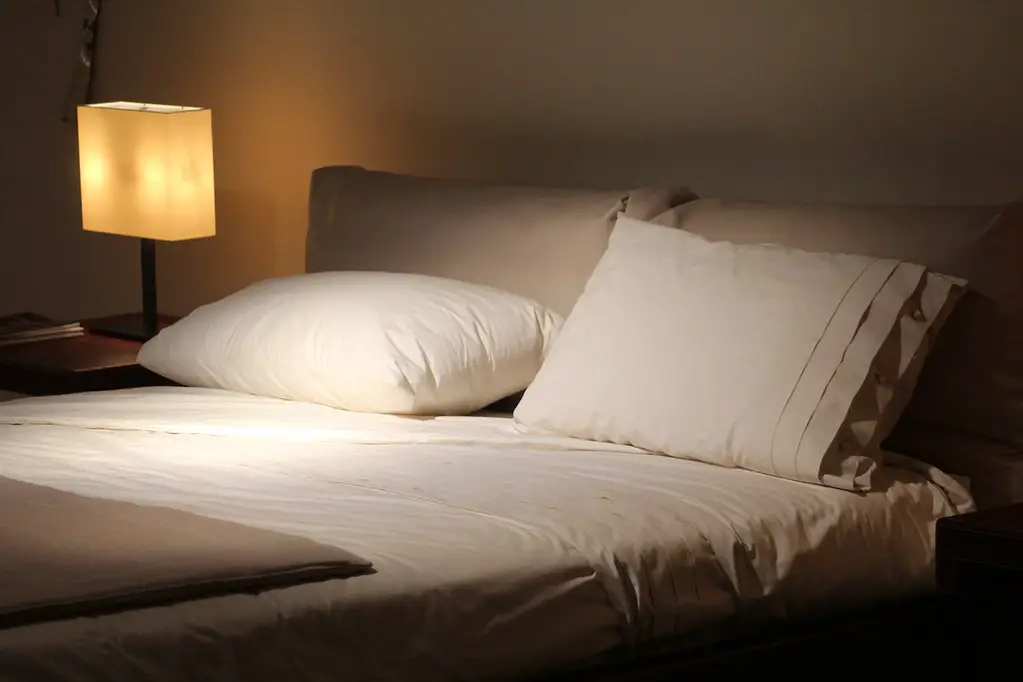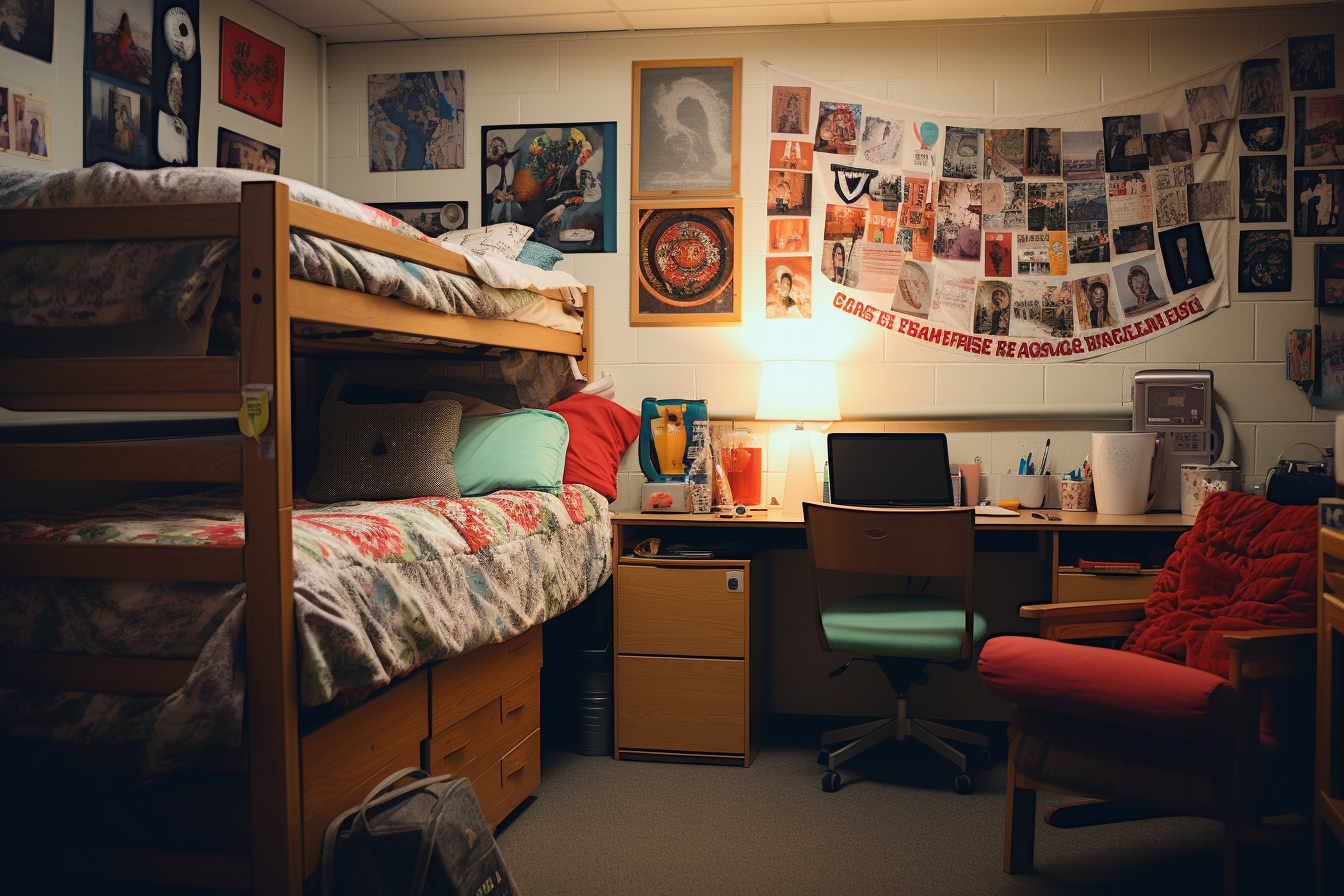Waking up congested is annoying enough. But trying to sleep when you can’t breathe comfortably through your nose due to a stuffed up, runny or inflamed nose can seem downright impossible.
Between your mouth drying out, throbbing sinus pressure, coughing fits and struggle to breathe, a stuffy nose makes getting decent shuteye challenging.
In this comprehensive guide, we’ll provide expert tips to relieve a congested, stuffy nose at nighttime. Follow these clinically proven remedies and sleep adjustments to achieve restful sleep while congested.
Table of Contents
ToggleWhy Nasal Congestion Worsens At Night
Before covering solutions, let’s look at the science behind why nasal stuffiness aggravates overnight:
- The circadian rhythm naturally enlarges and congests nasal tissues late in the day.
- Lying down increases blood flow to the head and sinuses, engorging vessels.
- Reduced swallowing at night allows mucus to pool in the throat.
- Airborne allergens are drawn into the nose during inhalation.
- Sinus drainage flows to the back of the nose when prone.
- Environmental irritants aren’t filtered out without nasal hair capturing.
A stuffy nose particularly worsens overnight due to body cycles, gravity, and airborne particles. Now let’s go over the array of solutions to relieve it so you can sleep.
Medical Treatments for Stuffy Nose Relief
If nasal congestion is chronic or accompanies additional symptoms like fever, seek medical guidance on appropriate therapies:
Oral Decongestants
Pseudoephedrine and phenylephrine pills provide temporary relief by constricting blood vessels in the nose to open airways.
Nasal Sprays
Prescription nasal sprays like azelastine or over-the-counter oxymetazoline spray reduce swelling and drainage to open nasal passages.
Steroid Nasal Sprays
Corticosteroid prescription nasal sprays like fluticasone work by reducing underlying nasal inflammation from allergies or other conditions.
Antihistamines
Oral over-the-counter medicines like Zyrtec, Claritin and Chlor-Trimeton block histamine reactions that trigger allergic congestion and postnasal drip.
Sinus Rinses
Saline sinus rinse kits allow flushing out mucus and trapped allergens to clear nasal passages using purified salt water.
Consult an ENT specialist to determine appropriate medications or treatment devices that provide sinus relief at night when stuffiness peaks.
In addition to medical therapies, numerous at-home remedies and lifestyle adjustments provide stuffy nose relief at night.
At-Home Remedies for Stuffy Nose Relief
Try these evidence-based natural remedies alongside any medical treatments:
Steam Inhalation
Inhaling warm moist air thins mucus and soothes inflamed nasal tissue. Add menthol or eucalyptus to the water for enhanced decongestion.
Nasal Strips
Adhesive nasal strips lift open the nostrils to improve nighttime airflow through congested nasal passages.
Neti Pot Rinses
Flush out mucus and allergens by rinsing sinus cavities using a Neti pot and purified saline solution 2-3 times daily.
Hot Compress
Applying a warm towel or reusable gel pack to the sinuses promotes drainage. Do not overheat.
Cool Mist Humidifier
Proper humidity thins out mucus, while dry air thickens secretions blocking the nose.
Hydration
Drinking lots of water and non-caffeinated fluids keeps mucus thin so it drains better and clears passages.
Spicy Foods
Spicy dishes containing capsaicin and chili pepper compounds stimulate mucus thinning drainage. Avoid right before bed.
These at-home remedies combine to provide stuffy nose relief by thinning mucus, irrigating passages and reducing inflammation so you can breathe through your nose again.
Now let’s look at essential lifestyle adjustments and sleep position tips.
Lifestyle Changes to Improve Nighttime Congestion
Certain daily habits exacerbate or alleviate a stuffed up nose at night:
Use a Humidifier
Running a cool mist humidifier in your bedroom introduces moisture into the air to thin out mucus and open airways.
Avoid Irritants and Allergens
Minimize exposure to known allergy triggers like pet dander and environmental irritants like smoke to prevent inflammation.
Manage Stress and Anxiety
High stress and anxiety levels worsen perceived congestion. Try relaxation techniques to reduce tension that amplifies nighttime nasal stuffiness.
Exercise During the Day
Physical activity and remaining upright helps mucus drain so it doesn’t pool overnight when lying flat.
Sleep on Your Side
Side sleeping allows sinuses to drain better than sleeping on your back. Use extra pillows to prop up your head.
Keep Head Elevated
Use pillows or a wedge to elevate your torso an extra 30 degrees when sleeping to utilize gravity for sinus drainage.
Adjusting these environmental factors, daily practices and sleep adjustments go a long way toward relieving nighttime nasal congestion for restful sleep.
Sleeping Positions to Reduce Stuffy Nose
Sleeping with the head elevated at an incline along with proper side positioning provides the most effective posture for keeping nasal passages open at night:
1. Inclined Side Sleeping
Raise the head of your bed 30-45 degrees and lie on your side to allow gravity to promote mucus drainage down and out of sinus cavities.
2. Prone Inclined Position
Lie face down and prone with your head tilted to one side. Use pillows to raise your torso at an incline with head boosted higher.
3. Recliner Chair
Fully recline in a lounge chair or recliner with your head elevated helps circulate mucus out of the nose and throat overnight.
4. Open Airway Side Sleep
Sleep on side with head resting on forearm and top arm crossed over chest. This prevents airway obstruction.
Avoid flat back sleeping which allows mucus and inflammation to puddle in the sinus cavities overnight. Utilize inclined positions and gravity to keep mucus moving.
Now that we’ve covered positional and lifestyle fixes, let’s go over OTC medication options.
Over-the-Counter Medications for Nighttime Congestion
For temporary nighttime relief, these over-the-counter therapies can relieve congestion:
Oral decongestants like pseudoephedrine shrink swollen nasal tissues to open airways for 4-6 hours.
Nasal decongestant sprays like Afrin also constrict blood vessels but avoid oral side effects. Limit use to 2-3 nights only to avoid rebound swelling.
Antihistamine tablets or liquids block histamines causing symptoms like postnasal drip. Sedating formulas like Benadryl can also induce sleep.
Neti pot salt rinses clear mucus and provide nasal hydration using purification packets mixed with distilled water. Rinse 2-3 times a day.
Nasal strips lift open the nostrils with an adhesive bandage-like appliance to improve night breathing.
Use in combination with lifestyle adjustments like sleep incline and humidity for maximum overnight congestion relief and restful sleep.
When To See An ENT Doctor
Consult an ear, nose and throat specialist promptly if:
- Sinus congestion persists over 2 weeks with no improvement.
- Postnasal drip or sinus pressure worsens.
- You experience additional symptoms like facial pain or fever indicating infection.
- Over-the-counter remedies provide no lasting relief overnight.
- You wake up with headaches, fatigue or mood changes from poor sleep.
- You have recurrent bouts of sinusitis.
Don’t assume chronic nasal congestion at night is untreatable or something you must tolerate long term. Seek medical guidance to determine if seasonal allergies, nasal polyps, structural issues or chronic sinusitis are the culprits behind your nightly stuffy nose so appropriate therapies can be prescribed.
Achieving Restful Sleep With Nasal Congestion
While dealing with stuffy sinuses can seem miserable, there are thankfully many effective solutions both medical and natural to relieve nighttime nasal congestion for restorative sleep.
Employing the full combination of doctor-recommended medications, at-home remedies, sleep adjustments and environmental modifications covered above can help tackle even the most stubborn sinus blockages.
Don’t resign yourself to tossing and turning all night unable to breathe comfortably. With the right targeted treatments, you can optimize your bedrooms conditions and sleep posture to promote clear nasal breathing all night long.
Make nasal relief and restful slumber a priority so you don’t have to dread heading to bed each evening unsure if you’ll be able to breathe. Then you can look forward to waking each morning feeling truly refreshed and ready to seize the day ahead.
FAQs About Sleeping With a Stuffy Nose
Why does nasal congestion get worse at nighttime?
The body’s circadian rhythms naturally enlarge and engorge nasal tissues late in the day in preparation for sleep. And lying flat exacerbates stuffiness since mucus pools in the back of the throat and naturally shifts into the sinus cavities overnight.
What is the best sleeping position to breathe with a stuffy nose?
Sleep propped up at an incline of 30-45 degrees to allow mucus to properly drain. Also lie on your side which improves sinus drainage compared to sleeping flat on your back.
What helps open up a stuffed up nose at night?
Use saline rinses, moist air, decongestants/antihistamines, nasal strips, vapor rubs, elevating the head, sleeping on your side, and avoiding irritants/allergens.
Can nasal congestion cause sleep apnea?
Yes, nasal airway obstruction from inflammation or structural anomalies can contribute to sleep apnea in those predisposed. Treating the underlying nasal blockage can improve apnea for some individuals.
When should you see a doctor for nighttime congestion?
Visit an ENT specialist if congestion persists over 2 weeks nightly, worsens despite home remedies, causes other worrying symptoms like facial pain or fever, or is accompanied by fatigue, headaches or mood changes from poor sleep.
Relieving a congested, stuffy nose leads to better night’s sleep. Identify any underlying condition causing chronic nasal stuffiness, and work with your doctor to build an effective multi-pronged treatment regimen.
Originally posted on September 18, 2023 @ 6:50 am
Author
-

Dr. Barry Jarvis is a renowned sleep specialist, dedicating their illustrious career to the intricate world of sleep medicine. Holding a medical degree from a prestigious institution, Dr. Jarvis has cultivated a deep understanding of the complex mechanisms that govern sleep and its pivotal role in overall health and well-being. With a compassionate approach and a meticulous eye for detail, Dr. Jarvis has helped countless individuals reclaim restful nights and vibrant days. Beyond their clinical expertise, they have contributed to groundbreaking research in sleep medicine, unraveling the mysteries of sleep disorders and pioneering innovative treatments that stand at the forefront of the field.
Tags: SleepStuffyStuffy Nose
Dr. Barry Jarvis
Dr. Barry Jarvis is a renowned sleep specialist, dedicating their illustrious career to the intricate world of sleep medicine. Holding a medical degree from a prestigious institution, Dr. Jarvis has cultivated a deep understanding of the complex mechanisms that govern sleep and its pivotal role in overall health and well-being. With a compassionate approach and a meticulous eye for detail, Dr. Jarvis has helped countless individuals reclaim restful nights and vibrant days. Beyond their clinical expertise, they have contributed to groundbreaking research in sleep medicine, unraveling the mysteries of sleep disorders and pioneering innovative treatments that stand at the forefront of the field.







